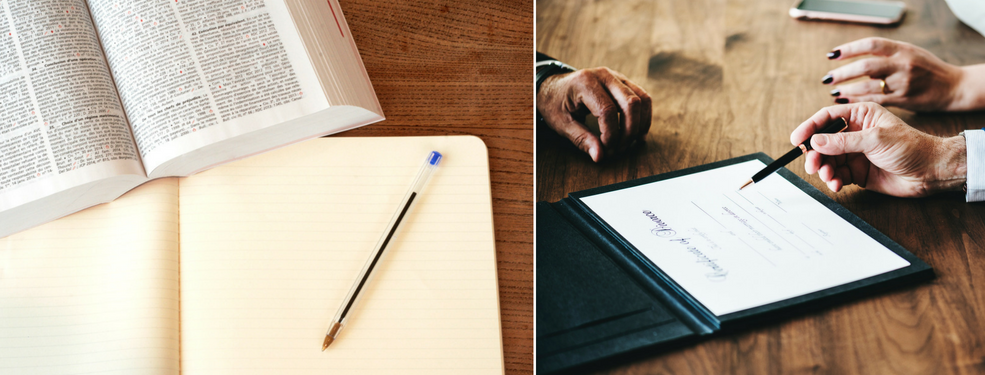When you’re thinking about protecting your assets and providing for your loved ones after you die you should consider the peace of mind a will can bring. This binding document can detail exactly what your last wishes are, to prevent any uncertainty or disputes between family members after you’re gone. If you’re not sure exactly what kind of detail goes into a will, you can always make an appointment with one of our team who can talk you through it and draw up all the documents for you. It can be as simple or complex as you need it to be – each one is different, and each client has different requests. If you’d like to find out more about the kind of detail that goes into a will before you commit to an appointment, then read on for some simple guidance.
Consider what assets you currently have. For most people, this normally includes property and savings but you may also have jewellery, art, vehicles, insurance policies, shares and family trust funds which you would like to leave to certain members of the family. You also need to consider what debts you are leaving behind, as these will need to be settled before your beneficiaries receive anything.
If there is a charity close to your heart, you may decide that you want to leave them a donation after you pass. If this is the case, detail the charity in your will.
Looking after your family, especially if you have a young family is often a primary concern, so your will can also outline who you want to look after your children should you die suddenly. Consider who you would like to assume this responsibility and specify this in your will.
The executor of your will is someone you trust to carry out your wishes and who you want to manage your estate after you die. It could be a spouse, a sibling, a friend or even a solicitor, and in some cases you may decide to nominate more than one executor.
After you have decided on the contents of your will, you will need to have it drawn up and then signed in front of witnesses. It is also a good idea to plan for your will to be stored safely until the event of your death. If you use a solicitor to draw up your will, they will store this safely for you.
You also need to remember to update your will as your life circumstances change, for example if your family grows, your relationship status changes or you expand your financial portfolio with new assets. This will ensure that your will remains valid. When you update your will, your old one needs to be destroyed so that only one version remains.
Would you like to know more about making a will? Talk to our team today and start planning to protect your future.

